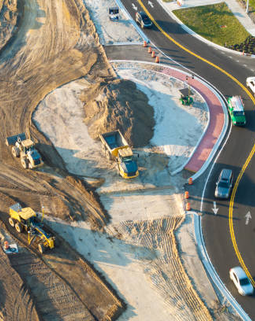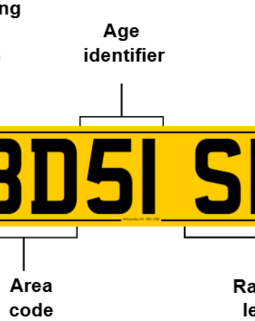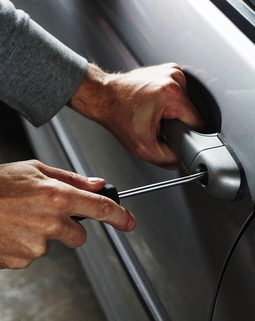After the launch of unified SSD number plates in 2016, contention issues between the state and the national government emerged as to who would be issued the number plates.
Members of parliament at Jubek legislative Assembly raised concerns that the order to implement the new SSD number plates was a contravention of the constitution. However, the national government came out to disagree strongly with these statements.
The new policy requires owners of both private and public vehicles to process new number plates. Drivers were also required to renew their driver’s license at the state traffic headquarters upon expiration. The police commissioner, Major General Jackson Elia, confirmed that while the old number plate would be replaced with a new, the SSD would remain. Similarly, he said that only those with an expired driver’s license would not need to renew their licenses.
Honorable Duku, Kator South representative, at the time, introduced a motion at Jabek challenging introduction of the new number plates. Duku said that the new plates bearing the SSD logo were unconstitutional. He further said that the state constitution, derived from the transitional constitution, allowed every state to have their number plates, as well as collect revenue from them. Despite this, the Directorate of police went ahead to introduce the SSD to nationalize number plates in the country.
Members of the public came out to implore the government to allow them a grace period of acquiring the new plates. This was after the government promised to crack down on those using the old number plates and those without any plate numbers. Some members of the public in Juba also complained of harassment by police for using the old number plates.





